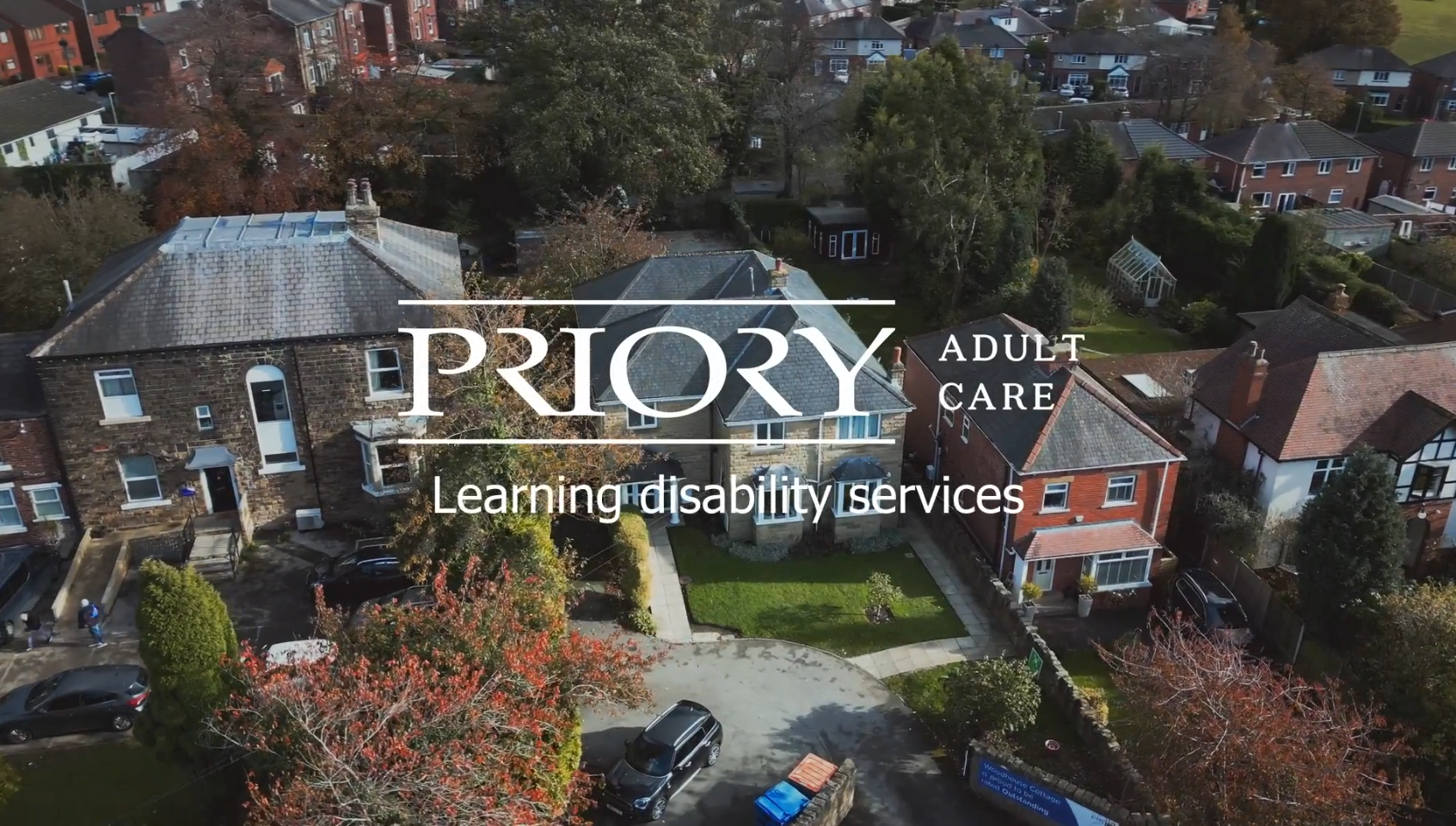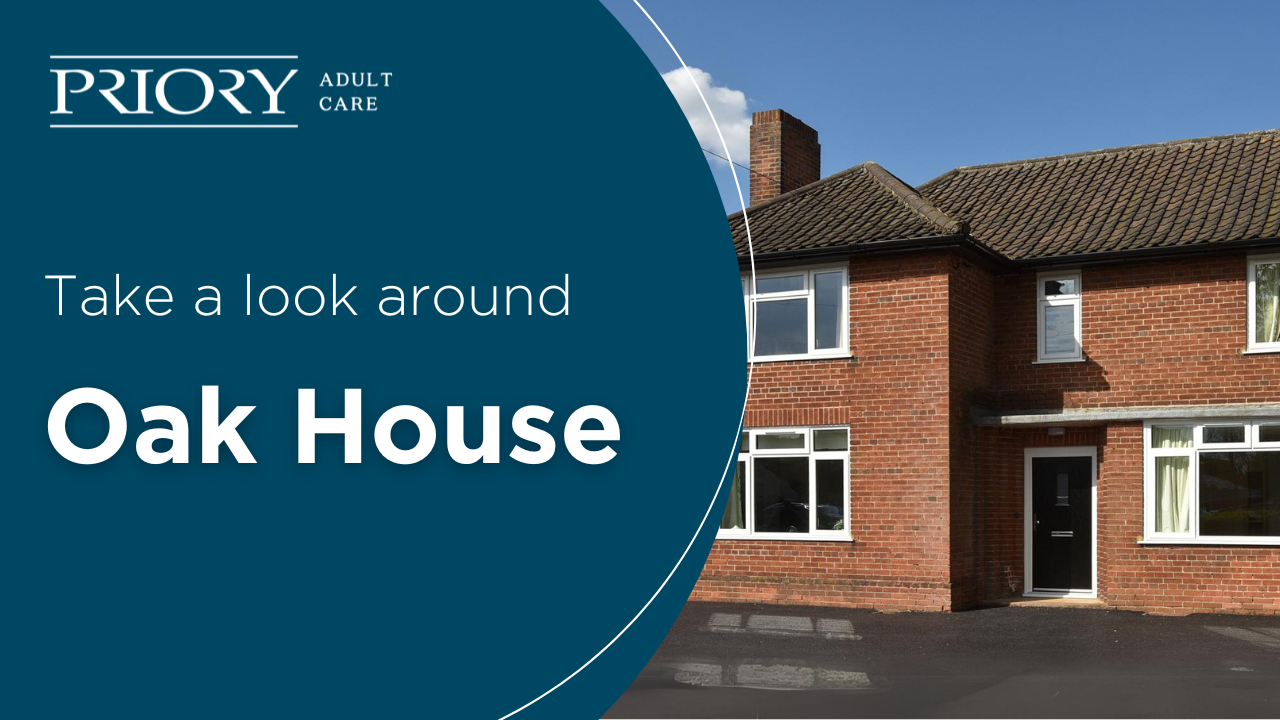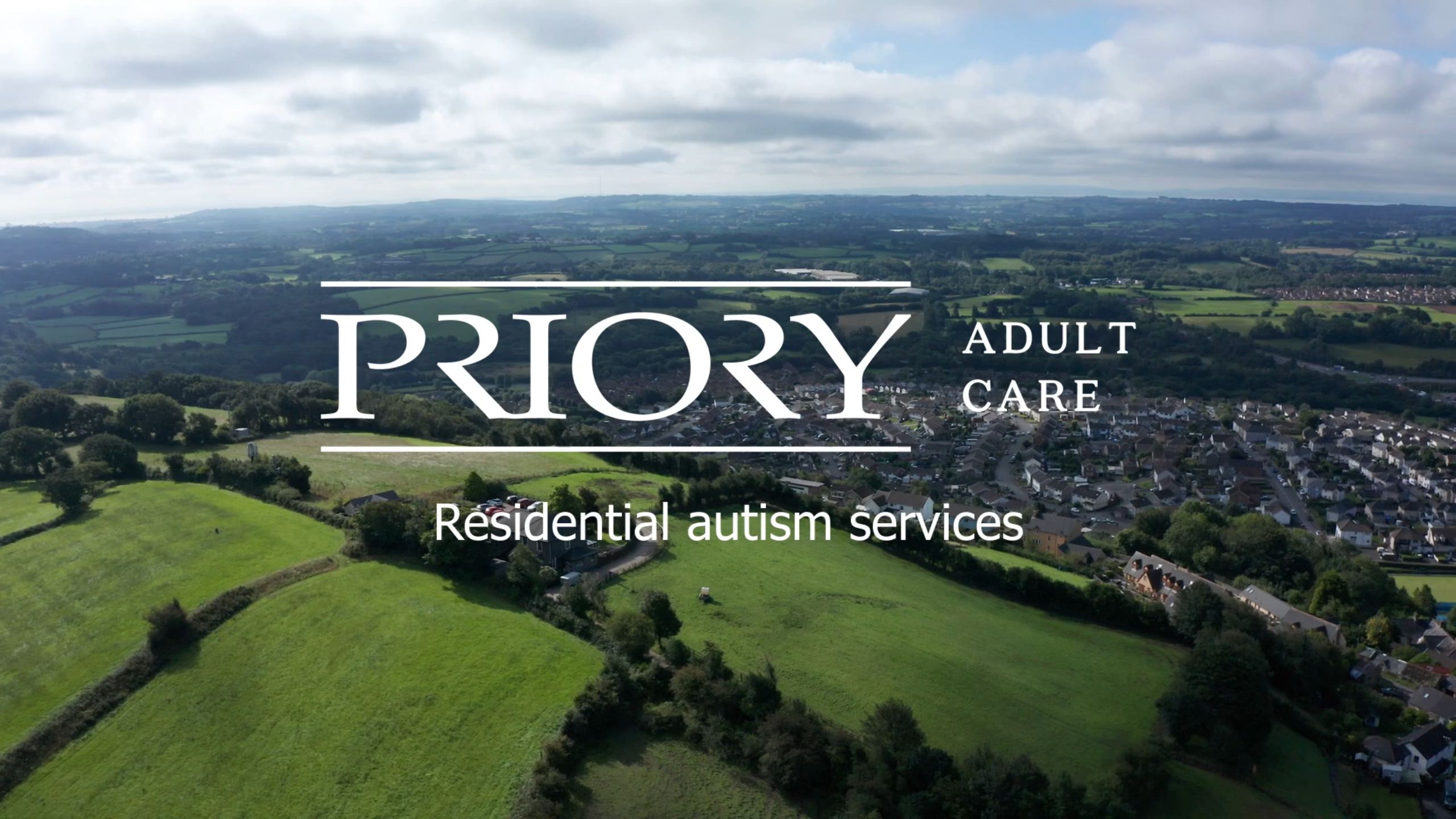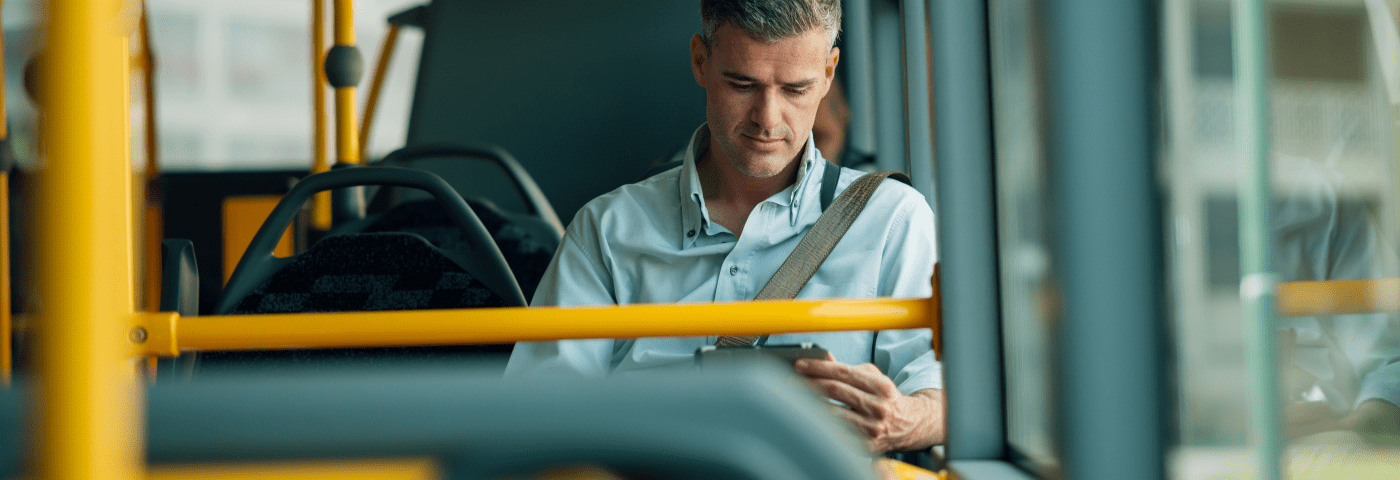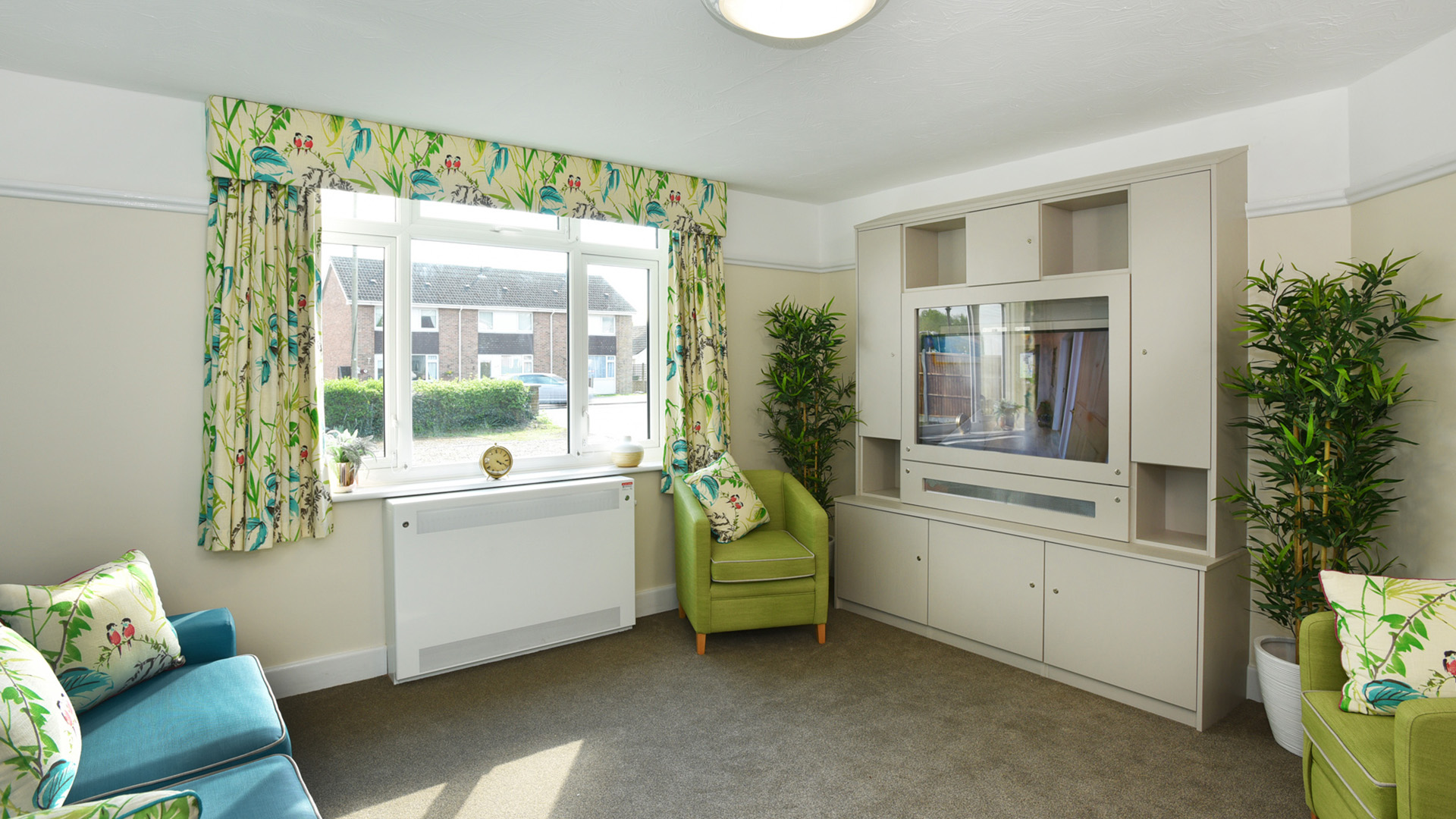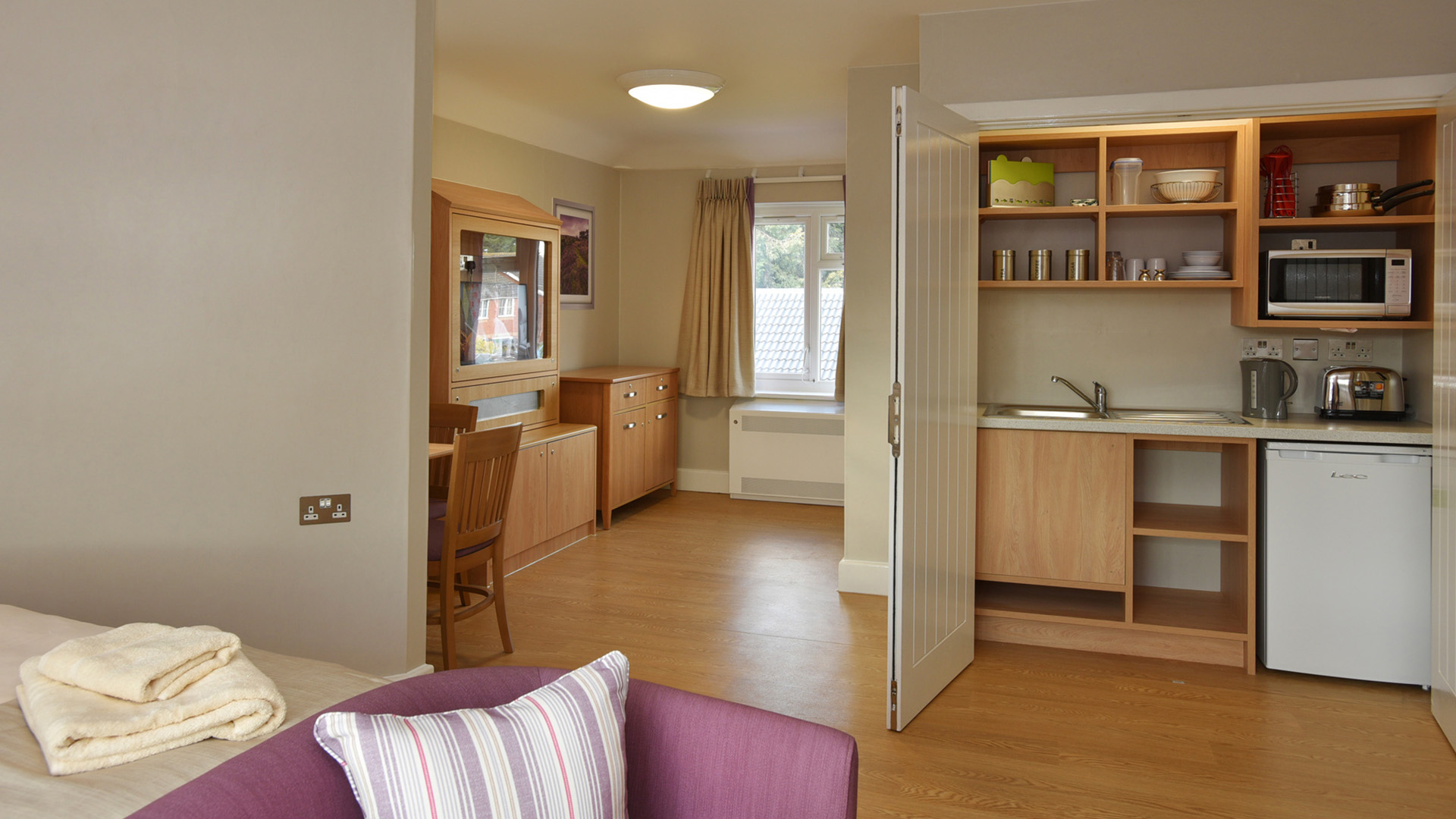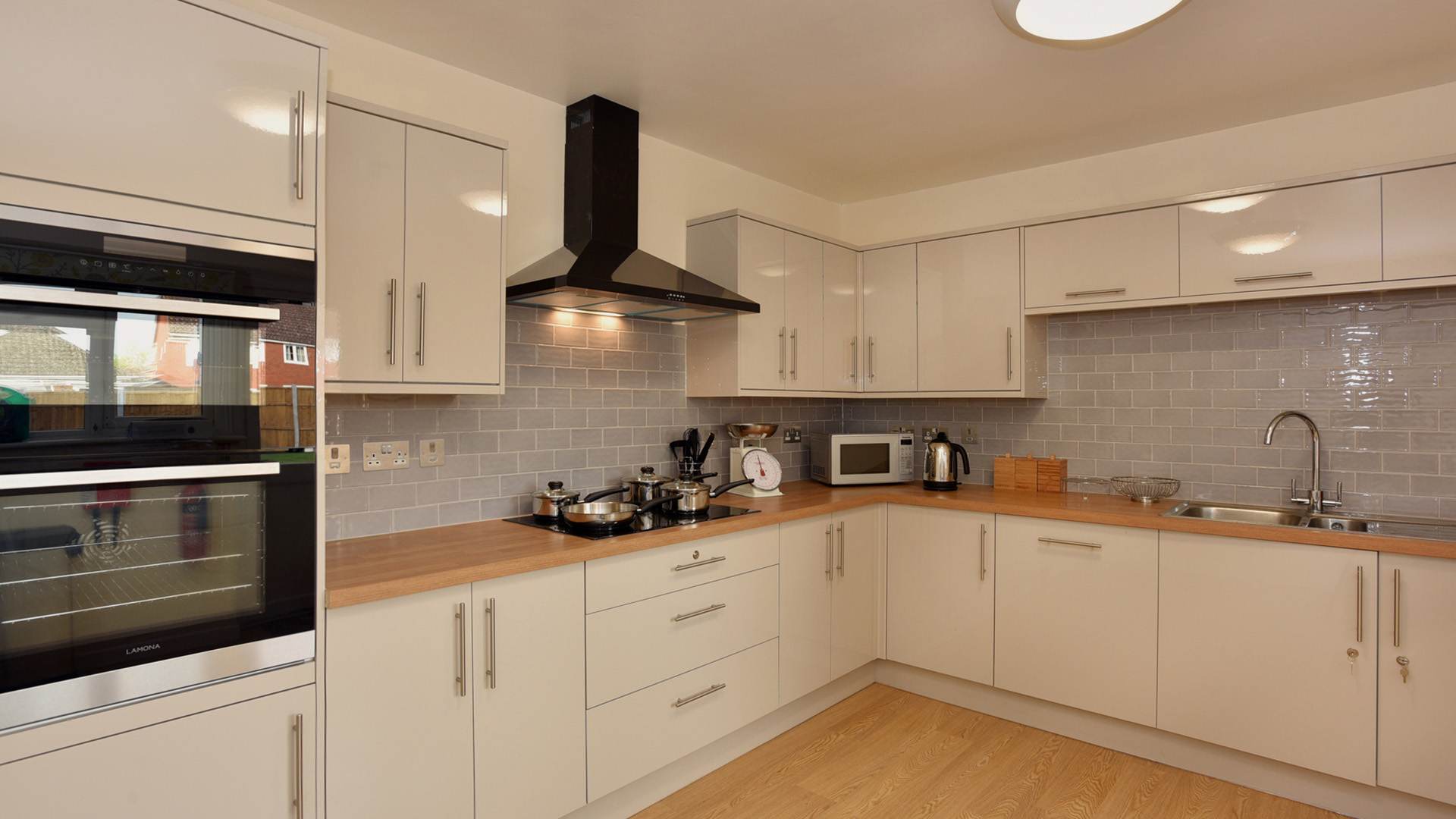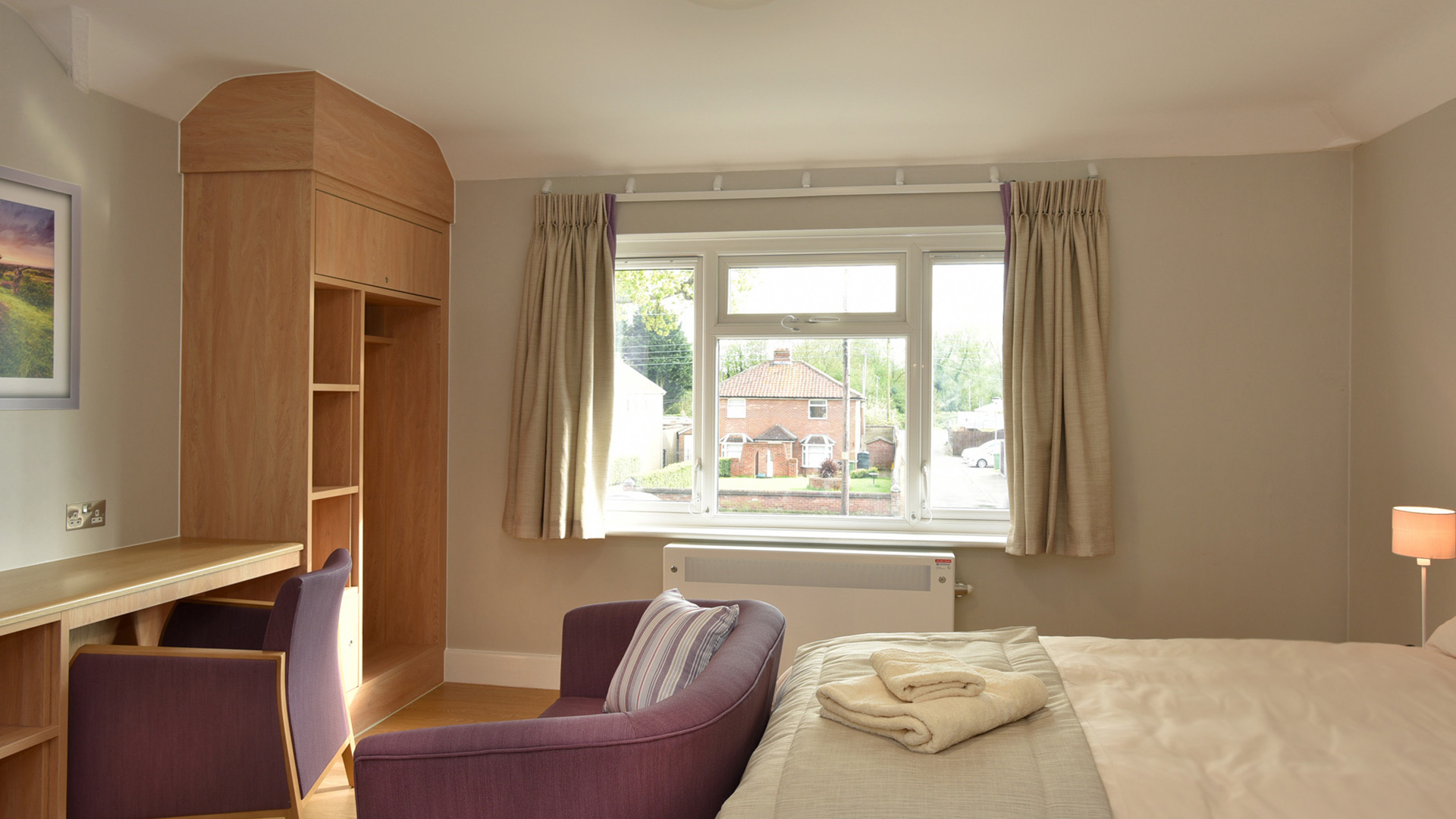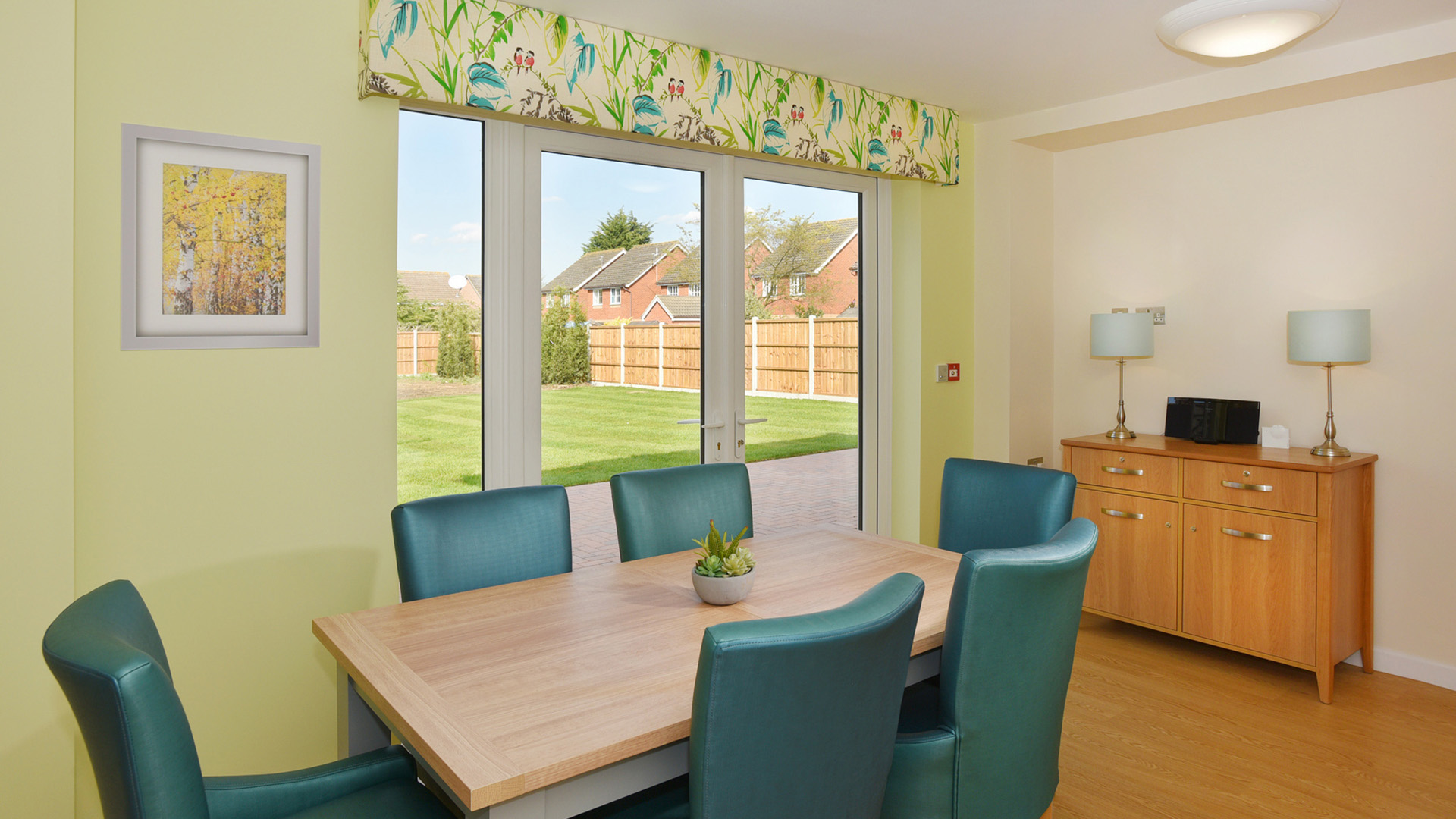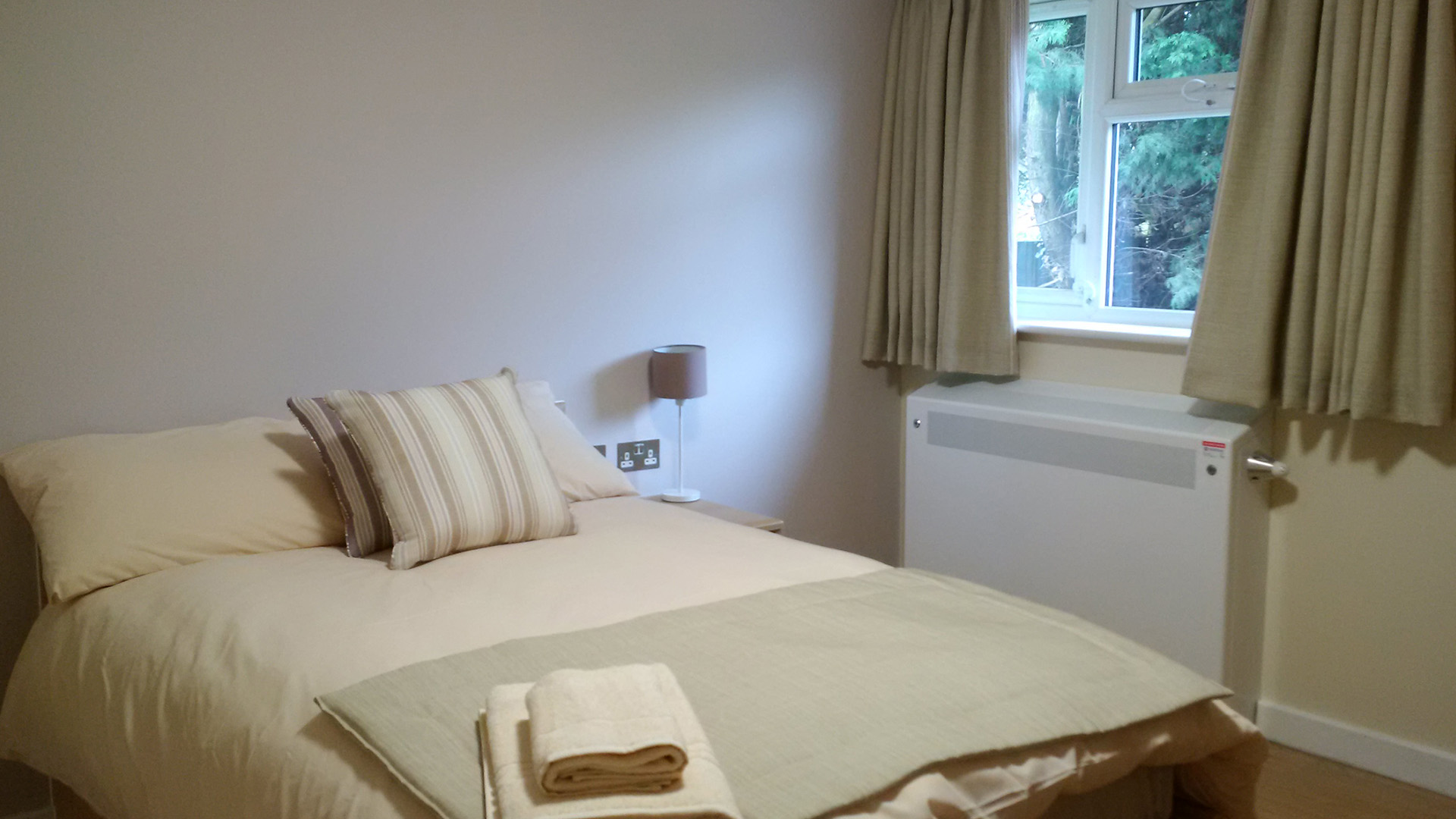About this location
Oak House is a residential service set back off the main road into Diss, Norfolk. We support up to six adults who are on the autism spectrum, and may have complex needs.
We can also support people who have:
- A learning disability
- Difficulties with communication
- Mild to moderate behaviours that challenge
Oak House specialises in promoting the development of social and independent living skills, to enable the people we support to lead active and fulfilling lives.
Services at a glance
Click here to enable this content
About our service
Our facilities and environment
Oak House is a detached property, which has lots of space and offers a relaxed, homely environment. The accommodation is split across two floors. There are two bedrooms on the first floor and four on the ground floor.
The environment at the home has been designed to incorporate best practice in supporting autistic people, including low arousal environment, use of space and therapeutic colours and furniture design.
In addition to the accommodation, the home has a range of communal spaces, such as:
- A large lounge with plenty of seating
- Kitchen
- Dining room
- Laundry room
We also have a garden, complete with:
- Secure fencing
- Lawn
- Patio
- Communal seating
- Wheelchair access
We also have specialised equipment within the home, such as sensory lighting, which help us to meet the needs of the people we support.
Our bedrooms
All of our bedrooms are comfortable, welcoming and can be personalised to individual tastes. There are two self-contained flats, which have their own bathroom, lounge and activities of daily living (ADL) kitchenettes. The remaining four bedrooms have en-suite facilities, with a shower. In summary, our bedrooms have features such as:
- En-suite facilities, containing a shower
- Robust, low arousal furniture
- Wheelchair access
- ADL kitchenettes
Our approach to support
Everybody who lives at Oak House has their own person-centred care plan, which is co-produced with input from the individual, their family members and professionals involved in their care. We aim to help everyone in our care to make their own choices about the support they receive. This may include support in a number of areas, such as going out in the community, personal care, cooking and cleaning, and maintaining family relationships.
Our support approaches at Oak House include positive behaviour support (PBS), delivered by our in-house practitioner. In addition, each resident will have their own key worker and an associate worker, who the person will have involvement in choosing and who are the most suitable members of staff to support them.
We also have support from a local multidisciplinary team to offer additional services to residents, if they require them. In addition, we use tools such as the Outcomes Star™ and Active Support to support our residents to achieve their goals.
The lengths of the placements that we offer at Oak House can be medium or long-term residential, depending on the needs of each person.
Activities
Everyone who lives at Oak House has their own personalised activities planner and are encouraged to take part in activities which are meaningful and fulfilling to them. Our dedicated team organise a variety of activities at the home, as well as out in the community.
We focus on supporting our residents to grow their independence. For some people, this may mean developing their daily living skills within the home. For others, this could be accessing work or educational opportunities in the local community.
Activities which our residents enjoy include:
- Social clubs and meet ups
- Physical activities such as swimming and country walks at local nature reserves
- Entertainment such as concerts, and trips to the cinema, theatre or zoo
- Local autism and learning disability events, including trips to multi-sensory rooms
- In-house activities such as arts and crafts and movie nights
Pathways
Through our network of healthcare, residential and supported living facilities, we provide unique care pathways which help the people we support to progress towards greater independence. Every individual we support is provided with a bespoke pathway plan, tailored according to their individual needs. We aim to ensure that each person is supported to live a fulfilling and active life in the community.
Some people may step down to Oak House from our learning disability services within Priory, including Priory Hospital Richmond House, Priory Hospital Lombard House, and Priory Hospital Burston House. We also support people to move into their homes through Priory Supported Living East England.
Our team
Our highly experienced team consists of:
- Service manager
- Deputy manager
- Support workers
- PBS practitioner
- Activities co-ordinator
Our team receive specialist staff training, designed to meet the needs of each individual we support. This includes:
- Dementia training
- PROACT-SCIPr-UK® training
- Makaton training
- Specific sensory needs training
A message from our site leader

We have a very caring team in place that strive for good outcomes for all our residents
Oak House’s site leader
Comments from our residents and their family and friends
We are so pleased to have such a supporting staff team to enable our son to settle well and we feel very reassured that he will achieve positive outcomes
Family and friends FAQs
How does home leave work?
We support our residents to attend family events and visit their family homes. We will work with the resident and their relatives to ensure possible risks are managed and that everyone is supported. This may mean the individual’s key worker will come along on the visit.
Can friends and families visit?
Family and friends are welcome to visit and participate in activities at the service. We do ask that we are informed in advance of all visits as some people may become stressed or anxious when unknown visitors arrive. Unfortunately, we cannot cater for visitors to stay overnight.
Will I be involved and kept up to date with the progress of my loved one’s care and support?
Yes, we strive to keep the loved ones of our residents involved in their care, where this is in their best interests. We can arrange regular catch-ups either in person or via telephone, to ensure families are kept informed.
Will my loved one be able to have a phone or call me?
Everyone who stays with us are supported to call their loved ones any time, via phone or video call. Family and friends are also able to call as often as they like. In addition, we can support our residents to get their own mobile phone or tablet, where appropriate.
What are the bedrooms like?
Bedrooms are all furnished and residents are supported to personalise them to suit their needs and wishes. Some of the furniture has been purchased to suit the needs of our residents and some of it is fitted, and therefore cannot be removed. All of our rooms have their own bathroom facilities, and our self-contained flats also have their own living space, kitchenette and dining area.
Are external doors kept locked?
Yes, due to the nature of our service, our external gates and doors with access to the community are securely locked. However every resident will be risk assessed to determine the detail the level of security needed. We have a garden where individuals can freely exit and enter the building.
What do residents eat and how do meal times work?
We set our menus on a weekly basis with input from our residents for the following week. We encourage people to take part in the preparation of our meals. We also offer baking sessions in our home and encourage residents to take part.
How does laundry work?
Our team will ensure that residents always have access to clean clothes and bedding. We have a utility room with laundry facilities, which residents make use of either independently or with the support of their key worker. Those living in the self-contained flats may have their own laundry facilities.
Who does the housekeeping and domiciliary tasks?
Our staff undertake domiciliary tasks in the home, but we always encourage and support our residents to undertake these tasks, where possible, to help them develop their independence.
Is there anything they can’t bring or have?
Residents are not allowed to bring illegal substances onto the premises. We would also ask that people do not bring high risk personal items into the house. We may place restrictions on some items where the risks cannot be appropriately managed, such as non-approved drugs and medications, solvent-based products and lighters.
How do activities work?
Activities are planned according to our residents’ choices and interests. Our activities co-ordinator delivers individualised activities planners, which will include both in-house activities as well as visits into the community. We may use a variety of communication tools to ensure everyone can have an input into the planning of activities.
How will residents be supported with their behavioural needs?
We use the PROACT-SCIPr-UK® framework, which means we focus on proactive strategies, rather than physical intervention. We also have a PBS practitioner, who works with residents on an individual basis, to develop detailed care plans, and train our staff to provide tailored support for that person.
Do residents and families have an input into the care plans?
Yes, we encourage families and extended support providers to be involved with the care plans, where this is in the person’s best interests. We use a variety of communication tools to work collaboratively with the person we care for to co-produce the plans so they are tailored to their needs. We value this important input from others, where appropriate.
What are the car parking facilities?
Oak House offers on-site parking in our car park.
What is the smoking policy?
Residents can smoke by the designated smoking area in the back garden, which has a shelter. We don’t permit smoking inside the building, and this includes vapes. Residents are able to buy cigarettes and vapes at the shops, if this is what they choose.
What are your fees and how are they funded?
Our fees can vary, and are based on an assessment of each individual's needs. Many people are eligible for financial help towards the cost of support, and this funding can be accessed by contacting your local authority. Once funding has been agreed, we will work with your local care team to put together a bespoke package of care. Please note, referrals for NHS or Local Authority funded services must come from a referring organisation.
How to make a referral
Our service provides high quality support to people with varying levels of need. Referrals can be made through the individual’s social care team or, if relevant, their local health authority. If you are a professional looking to make a referral, please call us or fill in our enquiry form.


